September 15, 2024 | 21:03 GMT +7
September 15, 2024 | 21:03 GMT +7
Hotline: 0913.378.918
September 15, 2024 | 21:03 GMT +7
Hotline: 0913.378.918
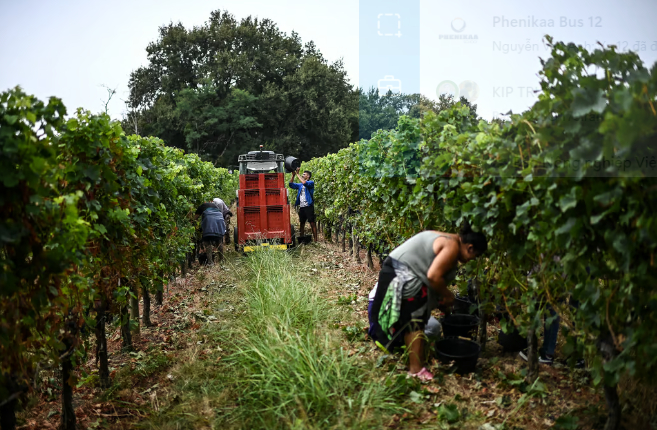
Business as usual is no longer an option for European farmers.
Business as usual is no longer an option for European farmers and businesses if climate collapse and economic hardship are to be avoided.
That’s the top line of a joint report presented to European Commission President Ursula von der Leyen on Wednesday, the result of seven months of intense negotiations among 29 organizations with a stake in, and often opposing views on, the agri-food sector.
Von der Leyen convened the Strategic Dialogue on the Future of EU Agriculture, which produced the report, earlier this year in a bid to address farmer outrage over low incomes and growing environmental regulation before the June EU election. Her call was followed by some quick-and-dirty concessions to farm lobbies that angered environmental NGOs and progressive lawmakers.
“We must [and] we will do more to protect our farmers and to make the agrifood system more resilient, more competitive — but most importantly also more sustainable,” von der Leyen told reporters as she accepted the report from Peter Strohschneider, a German academic who moderated the roundtable.
Von der Leyen wants to weave the results of the dialogue into her own vision on the future of EU agriculture. Her priorities, she said, included “fair and sufficient incomes to farmers, an agriculture that works for nature and with nature ... [and] a system that works with incentives.”
Producing a 100-page report by consensus with everyone from farm lobbyists to green NGOs at the table is an achievement in its own right. How useful the document will be as a practical basis for von der Leyen’s action plan is another matter entirely.
Here are our top five takeaways:
The report opens the can of worms that is the €300 billion-plus EU farm subsidy budget, and concludes it should stop rewarding the largest farms and instead support those on lower incomes.
The current area-based scheme has been under fire for a long time, but significant change has proven slow and difficult. However, farm lobbies and other members have now agreed for the first time that income support should target small- and medium-sized farmers — the majority in the EU — “who need it most.”
On the other hand, this income-based program should not depend on whether farmers comply with additional environmental rules — meaning those that go beyond existing EU law, such as nitrate pollution or habitat protection rules.
Instead, a separate set of payments should be distributed among farmers that use sustainable practices, and would be handled by both agricultural and environmental authorities. The participants also asked for an “annual substantial increase” in environmental support.
The next two elephants in the room were sustainable diets and meat consumption. The experts agreed that it was crucial to support ongoing reductions in the consumption of animal-based proteins — e.g. meat and dairy — in favor of plant-based alternatives.
They also called for a review of EU food labeling legislation and urged that food marketing to children be addressed, while advocating tax reductions and other social and fiscal incentives. “The sustainable choice needs to become the choice by default,” the report said.
At the end of the previous mandate the Commission was set to publish a sustainable food systems framework to shift consumption patterns in that direction, but the initiative was shelved amid a tense debate.
The agricultural sector is responsible for over 10 percent of the EU’s total greenhouse gas (GHG) emissions — mostly from livestock. Yet although the EU has committed to reduce GHG emissions by at least 55 percent through 2030, no targets have been set for agriculture.
According to the report, “the diversity and complexity of agricultural systems ... call for tailored solutions.” It asked the EU executive to set customized emissions reduction goals for different types of agriculture.
Regarding animal farms, it proposed territorial action plans to ensure a just transition in regions with a high concentration of livestock (think pig farming in Catalonia or the Netherlands). This would foresee mechanisms such as voluntary buyout schemes — to reduce animal numbers — or reskilling programs to transition to alternative production systems with a focus on young farmers.
Participants also rallied behind some of the most controversial EU environmental bills, such as a law to rehabilitate degraded ecosystems — although advocating “the establishment of a well-resourced nature restoration fund” outside the farm budget.
The report drew particular attention to the EU’s outdated animal welfare rules, urging the passage of a revision that should have been presented by the EU executive last year, such as a ban on the use of farm cages. The document said the ban must be accompanied by “a species-specific and appropriate transition period.”
In addition, it proposed an EU-wide benchmark to assess farm sustainability according to a set of common criteria, as well as a just transition fund to facilitate an agri-food sector shift toward a healthier and more climate-friendly path.
Last but not least: None of the report’s recommendations are set in stone.
Von der Leyen has committed to include the results of the stakeholder dialogue in a Vision for Agriculture and Food, to be put together during her first 100 days. Within the EU executive, however, some recommendations from the dialogue are expected to fare better than others, according to a senior EU official.
In addition, it’s not clear whether the broader food and agriculture sector will back the results, given that the report’s conclusions touched on issues that politically powerful farming groups have opposed, while its language on issues strongly backed by green NGOs was at times timid.
One thing is clear, however: The forum participants will sit together again soon, having proposed the formation of a new consultative body — the European Board for Agri Food (EBAF).
Von der Leyen likes the idea. So watch this space.
(Politico)
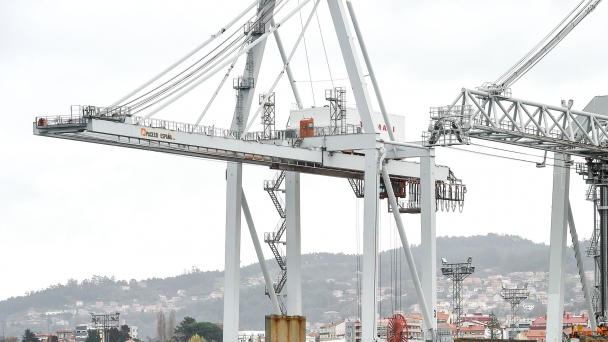
(VAN) Director-General QU Dongyu addresses G20 session on Sustainable Food Systems and Agricultural Trade.
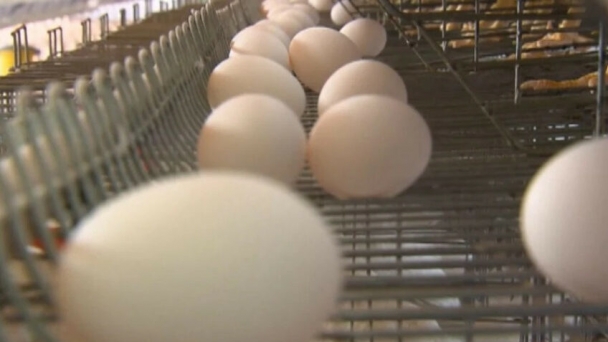
(VAN) Ricardo Castellar de Faria, a 49-year-old entrepreneur and owner of Granja Faria, has become the latest Brazilian to join the prestigious Forbes list of billionaires.
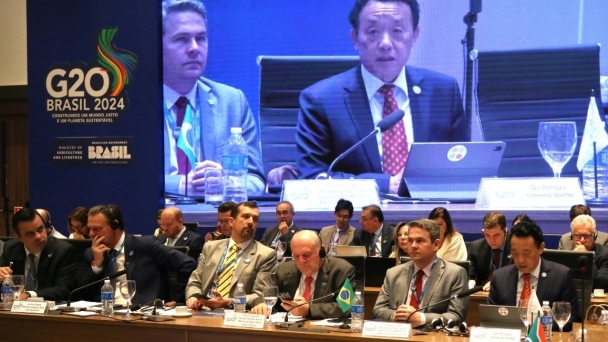
(VAN) At the G20 Ministerial Meeting on Agriculture, QU Dongyu commended the Brazilian Presidency for bringing family farming and fisheries and aquaculture to the discussions.
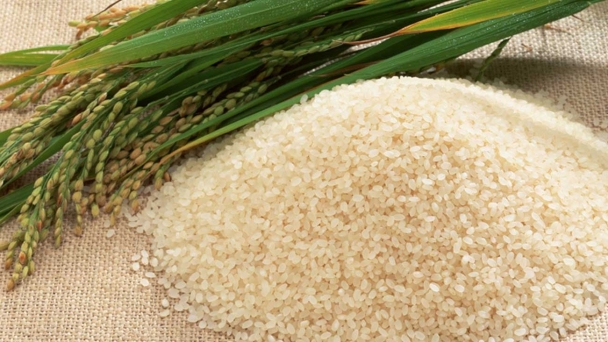
(VAN) Global Japonica Rice market is expected to grow from 12.0 billion USD in 2023 to 18.0 billion USD by 2030, with a CAGR of 6.5% from 2024 to 2030.
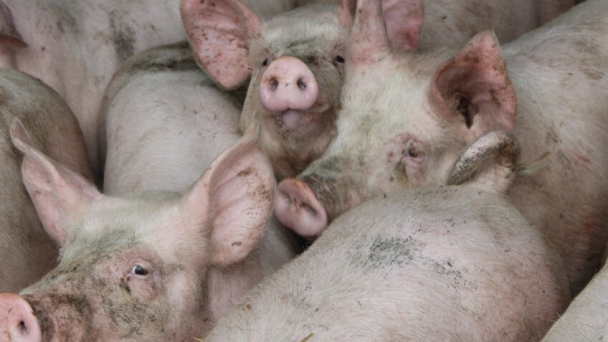
(VAN) The public prosecutor in Pavia province, northern Italy, has opened an investigation to a vet and a pig producer.
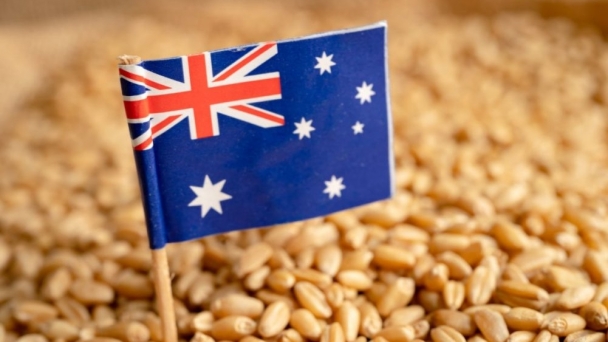
(VAN) Australian winter crop production is forecast to increase by 17% to 55.2 million tonnes in the 2024-25 marketing year.
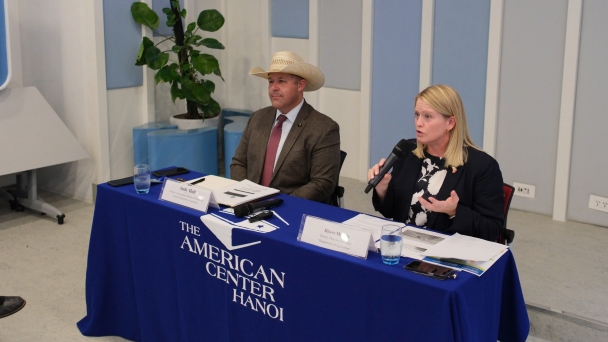
(VAN) Deputy Director Hilary Maricle of the Nebraska Department of Agriculture discussed the role of sustainability partnerships and noted the significance of the U.S. - Vietnam Comprehensive Strategic Partnership.